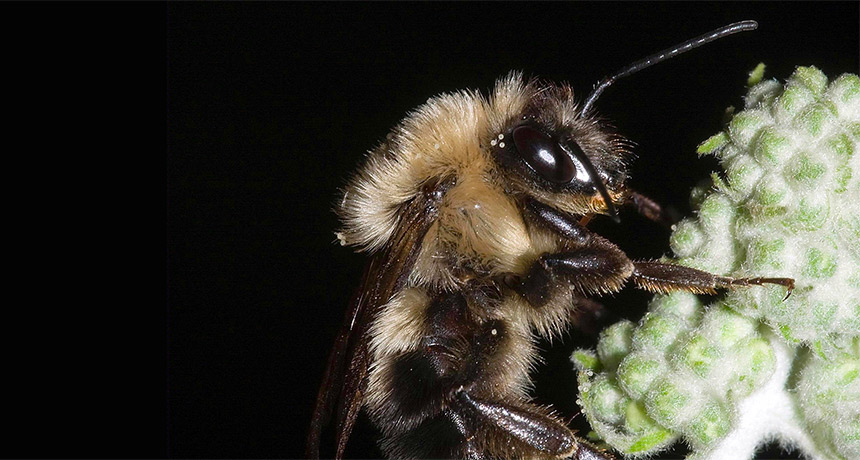citizen science Scientific research in which the public — people of all ages and abilities — participate. The data that these citizen “scientists” Scientific research in which the public — people of all ages and abilities — participate. The data that these citizen “scientists” collect helps to advance research. Letting the public participate means that scientists can get data from many more people and places than would be available if they were working alone.
data Facts and/or statistics collected together for analysis but not necessarily organized in a way that gives them meaning. For digital information (the type stored by computers), those data typically are numbers stored in a binary code, portrayed as strings of zeros and ones.
eclipse This occurs when two celestial bodies line up in space so that one totally or partially obscures the other. In a solar eclipse, the sun, moon and Earth line up in that order. The moon casts its shadow on the Earth. From Earth, it looks like the moon is blocking out the sun. In a lunar eclipse, the three bodies line up in a different order — sun, Earth, moon — and the Earth casts its shadow on the moon, turning the moon a deep red.
ecology A branch of biology that deals with the relations of organisms to one another and to their physical surroundings. A scientist who works in this field is called an ecologist.
insect A type of arthropod that as an adult will have six segmented legs and three body parts: a head, thorax and abdomen. There are hundreds of thousands of insects, which include bees, beetles, flies and moths.
moon The natural satellite of any planet.
solar eclipse An event in which the moon passes between the Earth and sun and obscures the sun, at least partially. In a total solar eclipse, the moon appears to cover the entire sun, revealing on the outer layer, the corona. If you were to view an eclipse from space, you would see the moon’s shadow traveling in a line across the surface of the Earth.
sun The star at the center of Earth’s solar system. It’s an average size star about 26,000 light-years from the center of the Milky Way galaxy. Also a term for any sunlike star.
totality (in astronomy) The brief period during an eclipse when one object totally obscures another. For a solar eclipse (when viewed from Earth), this would be when the moon appears to completely block out the sun’s light.









